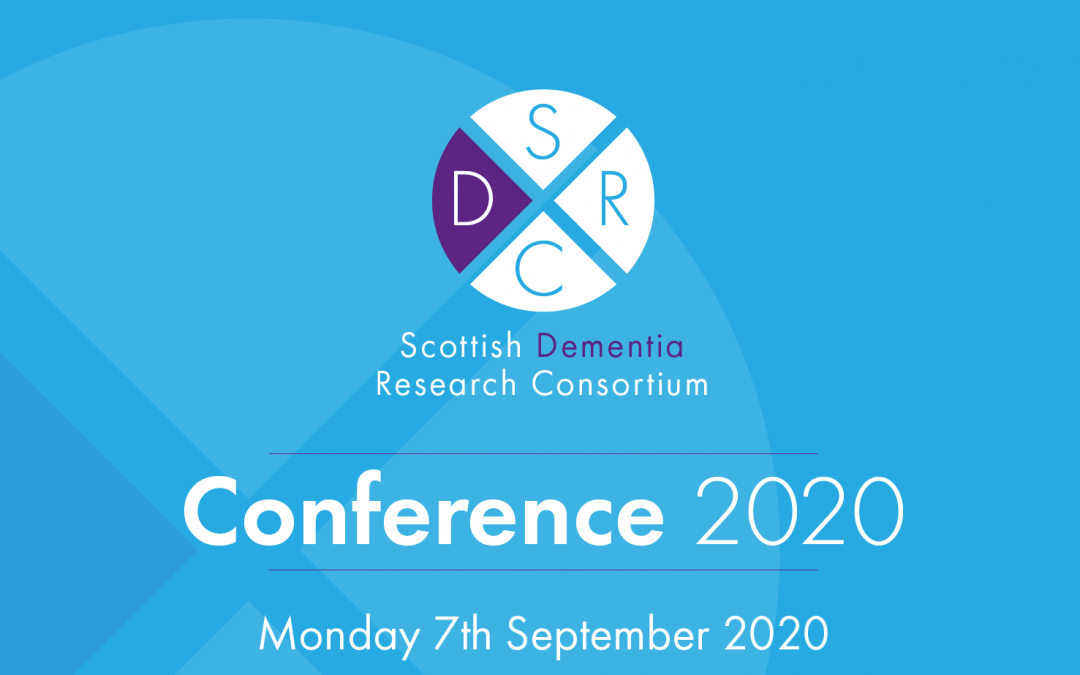On the 7th September 2020, the SDRC hosted our fifth annual conference. The Conference was our biggest event yet. Over 240 people registered to attend, with three plenary speakers, eight early career researchers, 15 poster exhibitors and four exhibition stands. Thank you to everyone who attended and made the event such a success. However, if you were unable to attend the SDRC Conference, we have included a summary below.
Chaired by Professor Craig Ritchie, the SDRC Conference 2020 was titled Unlocking the Mysteries of Data. It focussed on the world of big data and informatics in dementia and brain health research. The speaker presentations will be shared in full on our website shortly.
The first speaker was Professor Timothy Croudace. Professor Croudace discussed health data in research and health science in a digitally connected world. Our second and third speakers, Professor Joanna Wardlaw and Dr Graciela Muniz Terrera were both invited to speak by the SDRC as they had both jointly produced the most publications in 2019, as identified in our SDRC Annual Report. Professor Joanna Wardlaw presented her research in vascular disease and dementia. Dr Muniz Terrera discussed international collaboration, supporting ECRs and raising standards in research. Hurdles in use of data.
Before our lunch break were our breakout sessions. These sessions allowed delegates to contribute to discussions and share their own perspectives. The first session was on preceptions of healthcare data in research. The second session was focussed on social media. The third session was around the use of data in care homes, with a particular emphasis on COVID.
The afternoon session of the SDRC Conference 2020 was dedicated to our Early Career Researchers. Eight ECRs provided an overview of their research and careers. These presentations highlighted the diversity within the dementia and brain health research community.
Not only was our conference programme full of talented researchers providing oral presentations, we also had a virtual poster display area. In total 15 posters were available to view on the day. We awarded a prize for the best poster- from which there were four winners!
Finally, we are grateful to our exhibitors who hosted virtual stands on the day: Join Dementia Research, Generation Scotland, NHS Research Scotland, Brain Health Scotland
We hope that everyone who attended the Conference enjoyed the day. We also hope you learned something about the dementia and brain health research in Scotland. If you registered for the day, you can login to the event platform using the same details and watch the full SDRC Conference again. We will also be publishing video highlights of the conference shortly if you want to catch up.
You can still keep up with the discussion with the #SDRC2020, follow us on Twitter @sdrc_research

